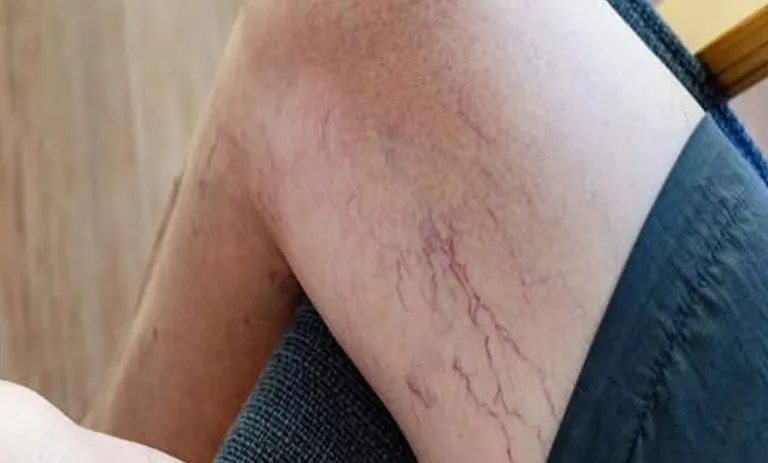Mouth cancer, also known as oral cancer, is one of the most common cancers affecting the head and neck region. It usually develops after the age of 40 and is more common in men than in women. According to recent statistics, over 77,000 new cases have been reported in India this year, with more than 52,000 resulting in fatalities. Early detection plays a crucial role—when diagnosed before it spreads to the lymph nodes, the chances of survival are significantly higher.
There are several types of oral cancer, including cancers of the lips, tongue, gums, inner cheeks, and the floor of the mouth. Dentists recommend having a thorough oral examination at least twice a year, especially for individuals who smoke or consume alcohol regularly, as they face a higher risk.
Common symptoms include persistent mouth sores or blisters that don’t heal, unexplained bleeding, loose teeth, difficulty swallowing, jaw pain, earache, weight loss, numbness in the mouth or face, and red or white patches inside the mouth. While these signs don’t always indicate cancer, it’s vital to consult a dentist or oral cancer specialist—such as Dr. Sajjan Rajpurohit—if any of these symptoms persist or occur together.
Ignoring these warning signs can delay diagnosis and reduce treatment success. Regular dental checkups, early medical consultations, and lifestyle changes—like quitting tobacco and limiting alcohol—can drastically lower the risk. Detecting oral cancer early not only improves survival rates but also ensures a better quality of life during recovery.




